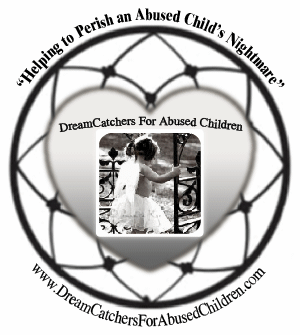
What is PTSD? Although traumatic events have long been known to cause psychological problems, the disorder itself was first formally characterized in the early 1980s. Even now it is the subject of controversy, with many psychiatrists and clinical psychologists saying a diagnosis of PTSD is meaningless (see articles in recent editions of the British Medical Journal). Personally I do not subscribe to this view, rather I believe the problem is one of inaccurate diagnosis.
Generally speaking PTSD is identified by the following three symptoms: 1) re-experiencing traumatic events (ie, obsessive recollections, flashbacks, nightmares); 2) avoidant symptoms (fear of being with people); and 3) signs of hyperarousal (easily startled, irritable). Traumatized people often suffer from a combination of PTSD, depression and other anxiety disorders. Often the victims of PTSD are mis-diagnosed. For example, some patients will present more severe symptoms of hyperarousal with severe depression. The re-experiencing of events is often mis-diagnosed as “obsessiveness” within a depressive disorder. Hyperarousal symptoms may be mis-diagnosed as insomnia and anxiety within a major depressive episode. Other PTSD victims are mis-diagnosed with obsessive-compulsive disorder.
READ MUCH MORE HERE:
http://www.upliftprogram.com/article_ptsd.html





























![Validate my RSS feed [Valid RSS]](http://dreamcatchersforabusedchildren.com/wp-content/uploads/2009/10/valid-rss.png)












